Analysis and commentary on the Network’s experiences coordinating climate-resilient development.
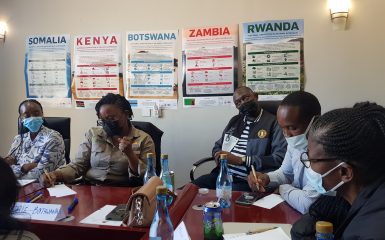
Countries Learn from One Another about the Monitoring, Evaluation, and Learning of Adaptation
Representatives from seven African countries explored key challenges in establishing MEL systems and emerging solutions.
Representatives from Botswana, Kenya, Liberia, Namibia, Nigeria, Rwanda, and Somalia explored key challenges in establishing Monitoring, Evaluation and Learning (MEL) systems and emerging solutions in a NAP Global Network’s peer learning event.
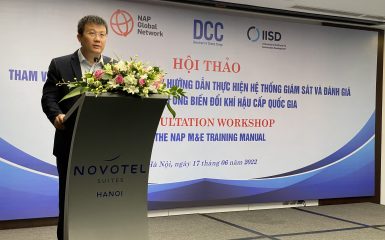
Capacity Building for Implementing a Monitoring and Evaluation System for Vietnam’s NAP Process
The M&E system sets out climate adaptation indicators and specifies responsibilities across the government at national and local levels.
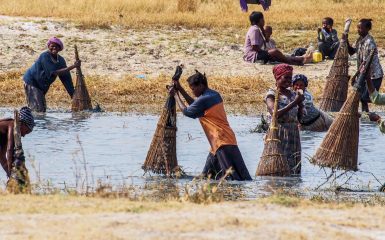
Namibia Kicks off the Development of a Monitoring, Evaluation, and Learning (MEL) System for its NAP Process
Namibia is making progress on adaptation, and the government is stepping up efforts on monitoring, evaluation and learning (MEL) to track this progress.
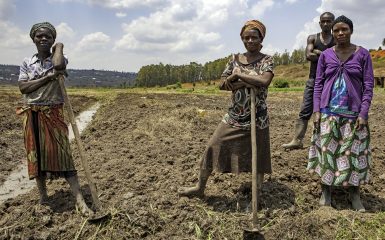
A Workshop to Launch a Work Program for a Monitoring, Evaluation, and Learning (MEL) Framework for Adaptation in Rwanda
Rwanda launched the process of developing a framework for the Monitoring, Evaluation, and Learning (MEL) of adaptation actions in the agriculture sector in a workshop in Kigali.
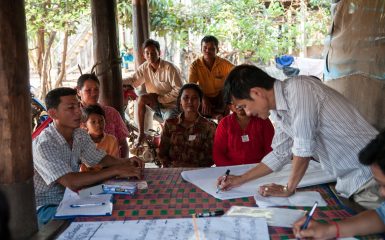
Three Ways the NAP Process Can Be Leveraged to Inform the Global Stocktake
By Jeffrey Qi, Policy Analyst II, International Institute for Sustainable Development
Discover how the Global Stocktake connects to the progress that developing countries are making with their National Adaptation Plans.
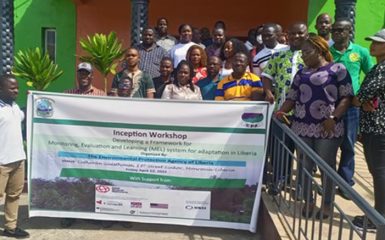
Liberia Launches the Development of a Monitoring, Evaluation, and Learning Framework for Climate Adaptation
On April 22, a project to develop a framework for Liberia’s Monitoring, Evaluation, and Learning (MEL) system was launched with a 1-day workshop run by the Liberia’s Environmental Protection Agency (EPA).
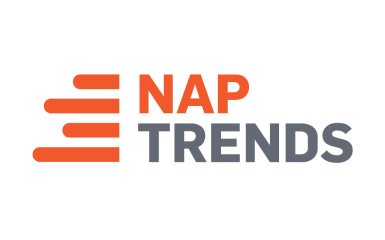
ANNOUNCEMENT: Discover Key Trends and Information in National Adaptation Plans
The NAP Global Network Secretariat is proud to introduce NAP Trends, a platform that provides the analysis of key information in National Adaptation Plans (NAPs) submitted to the United Nations Framework Convention on Climate Change (UNFCCC).

Simplicity in Crafting Effective Monitoring, Evaluation, and Learning Systems for National Climate Adaptation
By Julie Dekens, Senior Researcher, International Institute for Sustainable Development (IISD)
At the NAP Global Network, we have observed that while MEL systems look different in various contexts, they should all carry one essential characteristic to be considered in the early development stages: simplicity matters.
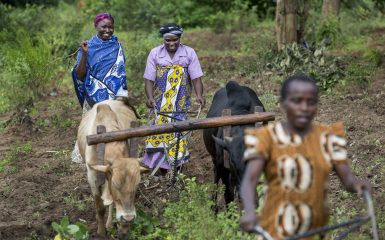
Eight Key Lessons of NAP Progress Reporting From Kenya and Burkina Faso
By Patrick Guerdat, International Institute for Sustainable Development (IISD)
During a webinar in June 2021, NAP focal points Kouka Ouedraogo (Burkina Faso) and Thomas Lerenten Lelekoitien (Kenya) shared key lessons from their work on approaching NAP progress reporting.
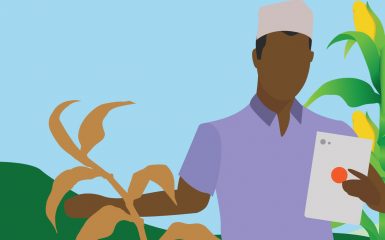
Approches à la production de rapports d’avancement de la mise en œuvre du Plan national d’adaptation (PNA)
Par Patrick Guerdat, Institut international du développement durable (IIDD)
Cette année, le réseau mondial NAP a procédé à un examen des rapports d’avancement disponibles sur le NAP. Les résultats indiquent que les rapports diffèrent en termes d’objectifs énoncés, d’approches pour évaluer les progrès réalisés et de la façon dont les résultats sont présentés et communiqués. Nous voyons que le processus d’élaboration des rapports d’avancement des PAN présente de nombreux défis ainsi que de nombreuses opportunités pour renforcer les processus PAN.

Approaches to Progress Reporting on National Adaptation Plan (NAP) Implementation
By Patrick Guerdat, International Institute for Sustainable Development (IISD)
This year, the NAP Global Network conducted a review of the available NAP progress reports. The results indicate that the reports differ in terms of the stated objectives, the approaches to evaluating the progress made, and the way the results are presented and communicated. We see that the process of developing NAP progress reports presents many challenges as well as many opportunities to strengthen NAP processes.
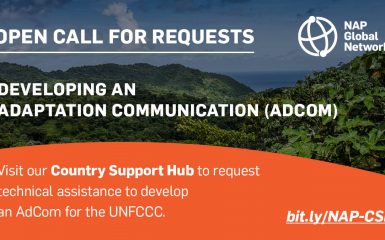
Open Call for Requests: Technical assistance to develop adaptation communications (AdComs) and more
The NAP Global Network accepting short-term technical assistance requests from developing countries
Français | Español The National Adaptation Plan (NAP) Global Network has launched an open call for countries to request technical assistance to develop their first adaptation communication (AdCom). With funding made available by the United Kingdom’s Foreign, Commonwealth and Development Office (FCDO), short-term technical assistance will be available to all official development assistance (ODA) eligible […]